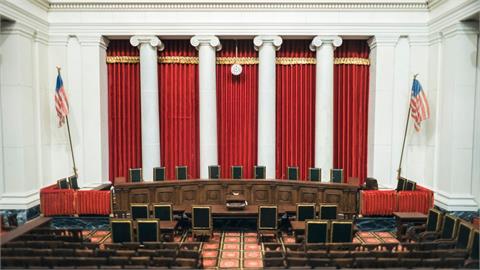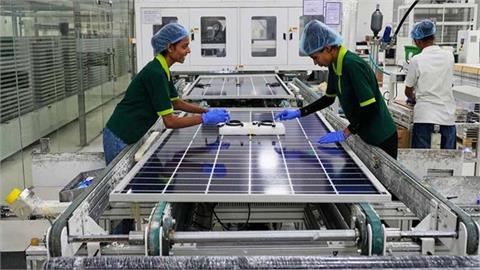The U.K. is on track to generate more electricity from zero carbon sources than fossil fuels in 2019, National Grid, country's electric power transmission network operator, said on Friday. This is in line with U.K.'s journey towards a net zero emissions target by 2050.
Several significant achievements helped zero carbon beat fossil fuels so far this year, National Grid said adding that 64.5% of electricity imported to the U.K. through under water cables, called interconnectors, has come from zero carbon sources.
U.K. electricity market currently has 4 gigawatts (GW) of interconnector capacity, 2GW to France, 1GW to the Netherlands, 500 megawatts (MW) to Northern Ireland and 500 MW to the Republic of Ireland. By 2025, National Grid's interconnectors are expected to provide enough energy to power eight million homes via zero carbon sources.
"This network of European sub-sea, clean energy super-highways will help to reduce Britain’s carbon emissions from the power sector by approximately 17% -- 6 million tonnes -- by 2030, accelerating our journey to net zero," National Grid said. By 2030, National Grid will have at least six interconnectors operating in the country, through which 90% of electricity imported will be from zero carbon sources.
Currently, the world’s longest underwater interconnector at 720 kilometers is being laid between Norway and the U.K. Construction is expected to be completed in 2021. The fifth under water electricity cable, the North Sea Link, will plug U.K. homes into Norway’s biggest hydro-dam and 100% of the electricity traveling through it will be from zero carbon sources.
(Anadolu Agency)



